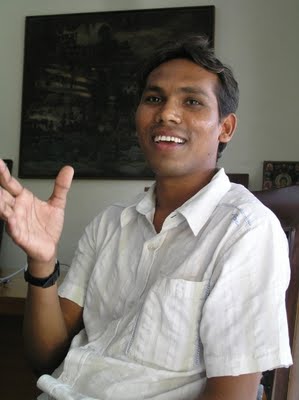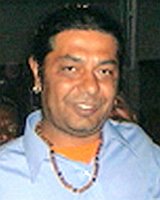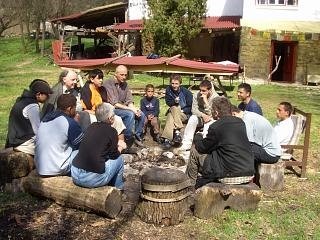Ambedkar in Hungary - a report from India
He tells the story of how he came into contact with two Roma leaders, Derdák Tibor and Orsós János, as they were discovering Buddhism and the inspiring example of Dr. Ambedkar, India’s great Buddhist leader - and how this led to his own visit to Hungary this Autumn. And how he discovered during his visit the deep parallels between the prejudice experienced over centuries by the Dalits, or Untouchables, of India, and the Roma, or Gypsies, of Europe.
He writes - “Jai Bhim, Namo Buddhay! “Please read my article on "Ambedkar in Hungary" in The Hindu newspaper at www.hindu.com/mag/2009/11/22.
We quote an excerpt -
“After discovering Ambedkar, Tibor and János visited Maharashtra in 2005 and 2007. They felt a deep connection with the Dalits of India and with Dr. Ambedkar's emancipatory agenda. After returning to Hungary, in 2007, they founded the Jai Bhim Network, embraced Buddhism and opened three high schools named after Dr. Ambedkar in Sajókaza, Ózd and Hegymeg for Roma children. One of the activities of the Network is to invite young Dalit activists to Hungary and provide them with opportunities to interact with the Roma community. Recently, I was part of one such three-member delegation and lived with the Roma community in the village Sajókaza for almost a month…
Read more on The Hindu newspaper website or in Countercurrents.
You can contact Pardeep on pardeep.jade@gmail.com.
Labels: Ambedkar, engaged buddhism, Hungary, India







 rss
rss